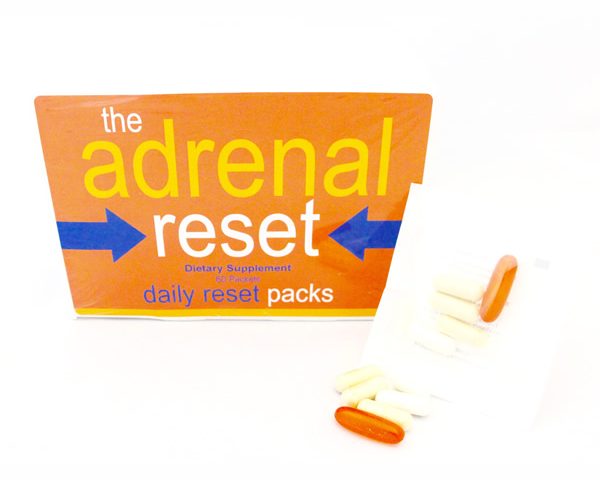Have you ever thought about why you take pills? I have a cupboard in my kitchen that serves as a purgatory for pills I’m not taking regularly yet am not ready to discard. Most are samples, promotions and freebies from those in the health industry given for me to try.
For the purpose of this discussion, think about pills in terms of vitamins, minerals, herbs, nutraceuticals, encapsulated super foods, fatty acid and over-the-counter medications.
This cycle has gone on for decades. I’m sure if I actually took all these pills, I’d be taking over 500 supplements a day. Let’s assume each took 10 seconds to remove the bottle from the shelf, open it, remove a pill, swallow the pill with two ounces of water, close the bottle and replace it. Without even thinking about whether it would be good for me, it’d take nearly an hour and a half and involve the ingestion of over seven gallons of water!
Do you have a purgatory for pills? Maybe you have some that you forgot why you were taking, or maybe you’re not sure if they’re still helping. Whenever I ask someone about this in person, they laugh and nod.
I love few things more than going through lists of pills with people and seeing what we can cut out. When I ask someone why he or she takes a particular pill, the common response is, “Aren’t I supposed to?”
The dangers with taking too many pills are several. The most obvious is they may not work well together. We know about possible interactions between almost any two pills, but we have no way to predict how a dozen will act together. I’ve had many patients come to me with unexplained liver inflammation. Often, I’ve seen them get better by doing no more than stopping a long list of unnecessary pills.
The next problem is the pills may be individually harmful. This is most relevant to over-the-counter pain remedies like acetaminophen, ibuprofen or diphenhydramine. These pills have dangers. Did you know a recent study showed that regular users of acetaminophen (Tylenol) are twice as likely to die in a given year as non-users?[1]
The other issue with taking too many pills is you might miss the few that are important. When people are told taking a single pill once daily can save their lives, fewer than half take it regularly for the full first year.[2] How regular are people likely to be when they are attempting to take handfuls of pills each day for unclear reasons?
Rather than try to cover each pill, pill combination, and individual need, I’d like to give you some simple rules to help you decide which pills are important.
Rule #1: Stay on prescribed pills.
If it was prescribed by your healthcare provider, stay on it. Do you find yourself wondering if you really need it or if it is safe? You need to have a healthcare provider you trust and can talk freely with. Maybe yours is open to a conversation, but you have not given them a chance. On the other hand, maybe you feel more strongly about diet and lifestyle than your practitioner does. Your relationship with your healthcare provider is an important one. Don’t stay in the relationship and ignore the advice you’re paying for. Make it work or make a change.
Rule #2: Have a timeframe.
Is this something you plan to take for the rest of your life? There are a few pills you might put in this category but not many. These all take careful consideration. I’d suggest researching multivitamins , extra minerals, essential fats and vitamin D. Your mindset for this category should be your body needs some things it does not get enough of through your diet, and it cannot manufacture by itself. Many popular supplements contain ingredients your body can make as needed in most circumstances, such as CoQ10, lipoic acid, glutathione and saturated fats. Keep your list of “forever pills” short.
Rule #3: Have a goal.
If you are taking a pill for a particular reason such as headaches, digestive symptoms, energy levels or pain, how do you know if it’s working? Find some way to log or score your symptoms for at least a month before starting the pill. This will help you know how often the symptoms show up and how bad they typically are. After you start a pill, the log will help you see if you are now feeling better or if you had the same number of good days per week without it. For prescribed pills, be sure there is also a measurable goal that is tracked regularly. For more on this, see the article on pills for chronic disease.
Bonus rule: One at a time.
Whenever you set out to improve your health, don’t try too many things at once without professional guidance. To illustrate, let’s say you have thinning hair, fatigue and headaches. In an effort to feel better, you start three new supplements and change your diet. Over the next few weeks, you feel more energized but seem to be having headaches all the time, and your hair is no better. Now what? You don’t know what helped, what might have made things worse and what had no beneficial effects. Take a tip from researchers: Only change one variable at a time.










